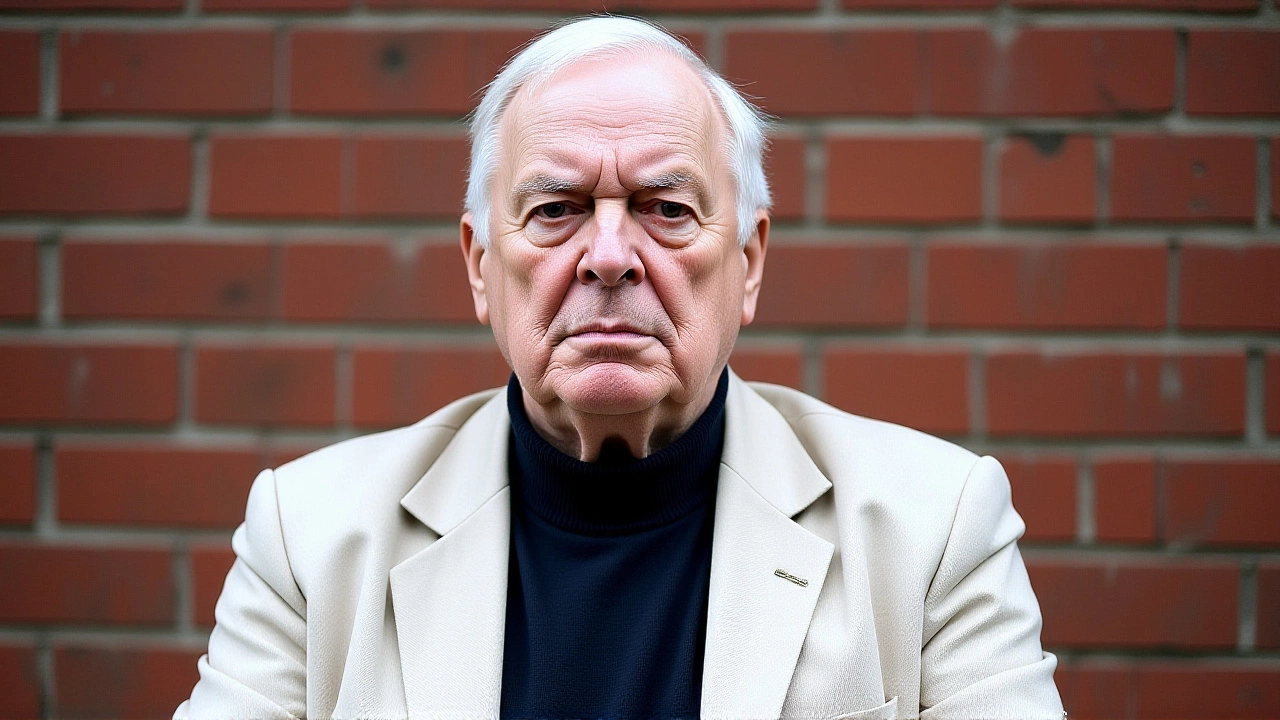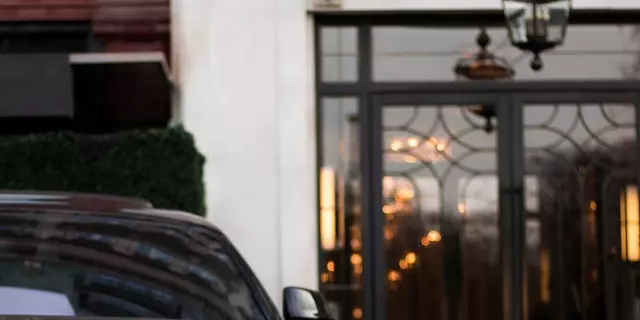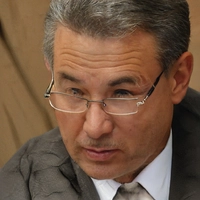At 85, John Marwood Cleese isn’t just reflecting on mortality—he’s worrying about what happens to his kids after he’s gone. In a candid revelation published by Newspoint on June 13, 2025, the legendary British actor and comedian declared that his children’s inheritance is “ruined.” The statement, verified by Gloucestershire Live and Finance Monthly, came amid a quiet but profound shift in how his most valuable assets are perceived: the royalties from Fawlty Towers and Monty Python, once considered unshakeable financial pillars, now feel precarious.
The $20 Million Paradox
Cleese’s net worth, pegged at $20 million by Finance Monthly’s 2025 financial analysis, is built on a tiny fraction of television history. Just 12 episodes of Fawlty Towers, produced by the British Broadcasting Corporation (BBC) between 1975 and 1979, still generate millions annually in global syndication. Add in decades of Monty Python Limited royalties—from films, DVDs, streaming, and live shows—and you’ve got a legacy most would envy. Yet Cleese isn’t celebrating. He’s alarmed.Why? Because the money isn’t as stable as it looks. Royalty structures are complex. Licensing deals expire. Streaming platforms renegotiate. And when Prunella Scales, who played Sybil Fawlty, passed away in October 2025 at age 93, something unexpected happened: global interest in the show surged. Viewers rewatched episodes. Streaming numbers spiked. But here’s the twist—those gains don’t necessarily flow directly to Cleese. Rights holders, distributors, and tax jurisdictions all take cuts. And with no public estate plan disclosed, the path from screen to heirs is murky.
A Legacy Built on Fight, Not Luck
Cleese didn’t inherit wealth. He fought for it. In April 2024, he publicly intervened in a bitter dispute over Monty Python royalties, defending Terry Gilliam’s daughter against what he called “mismanagement.” That wasn’t just loyalty—it was a power move. It confirmed what insiders have long known: Cleese still controls the levers at Monty Python Limited. He’s not a passive beneficiary. He’s a vigilant steward.But even stewards get tired. At 85, he’s no longer writing, directing, or touring. His last acting role came in Roman Polanski’s 2023 film The Palace, and his weekly GB News show, The Dinosaur Hour, which launched in October 2023, is more commentary than cash cow. The income stream is slowing. Meanwhile, inflation, tax policy shifts, and the rise of AI-generated content threaten the long-term value of classic TV. “It’s not about being rich,” he once told The Daily Telegraph in 2014. “It’s about being free.” Now, he’s afraid his kids won’t be.
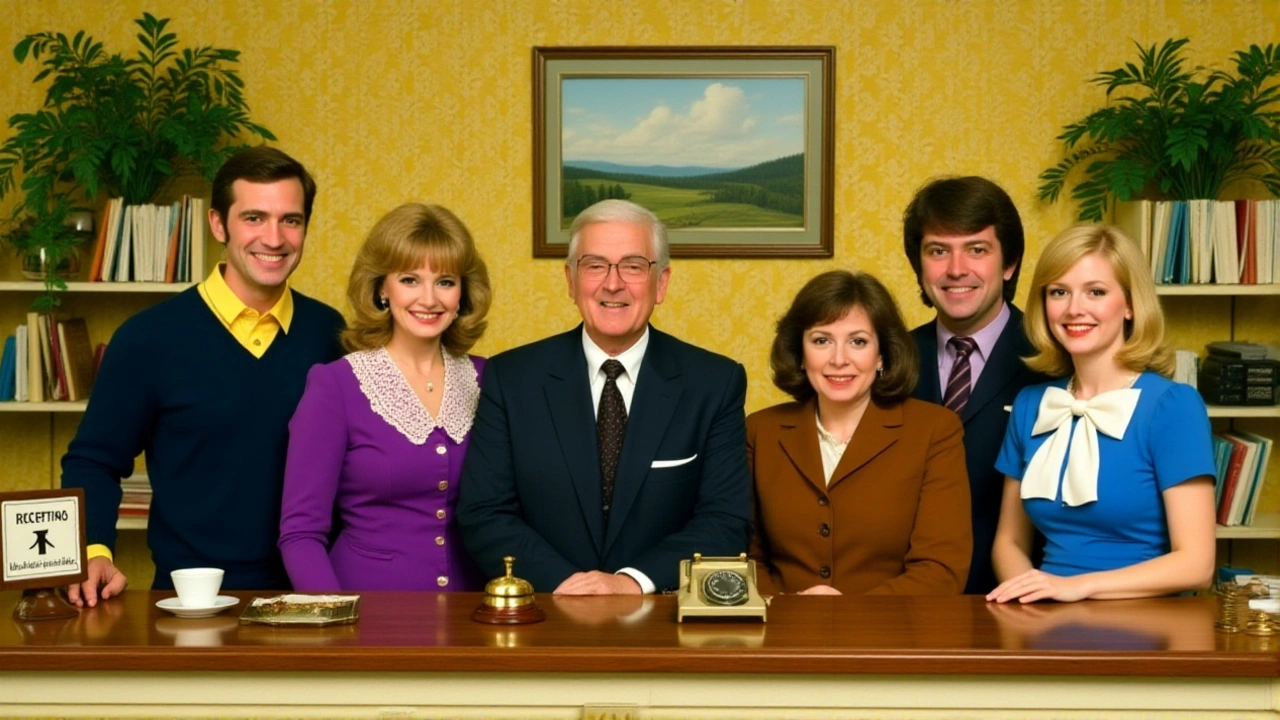
The Ghosts of Honors Past
Cleese has spent decades rejecting the trappings of establishment approval. He turned down a CBE in 1996, calling honors “silly.” In 1999, he famously declined a life peerage from the Liberal Democrats, quipping he didn’t want to be in England during winter. His disdain for institutional power wasn’t just whimsy—it was a philosophy. He saw the system as rigged, and he refused to play by its rules.That same skepticism now extends to his finances. He’s watched the wealthy consolidate control over politics and media. In a 2015 interview with Der Spiegel, he warned: “I see the rich have got a stranglehold on us.” Today, he might be seeing that stranglehold tighten around his own legacy. Even his beloved Fawlty Towers, the cornerstone of his wealth, is now subject to the whims of corporate algorithms and global licensing deals he can no longer fully control.
What Happens Next?
No public plan has been announced. No trusts disclosed. No legal filings leaked. Cleese hasn’t spoken to the press since the Newspoint report. But the implications are clear: even the most iconic creative fortunes aren’t immune to the erosion of legacy value in the digital age. What once felt like a guaranteed income—repeat broadcasts, international DVD sales, festival screenings—is now a patchwork of digital deals, uncertain renewals, and shrinking margins.Compare this to the estate of Rowan Atkinson, who quietly transferred Mr. Bean rights into a family trust years ago. Or to the Monty Python team’s own 2014 agreement, which locked in long-term streaming terms with Amazon. Cleese, ever the independent, has avoided such structures. Now, he may regret it.
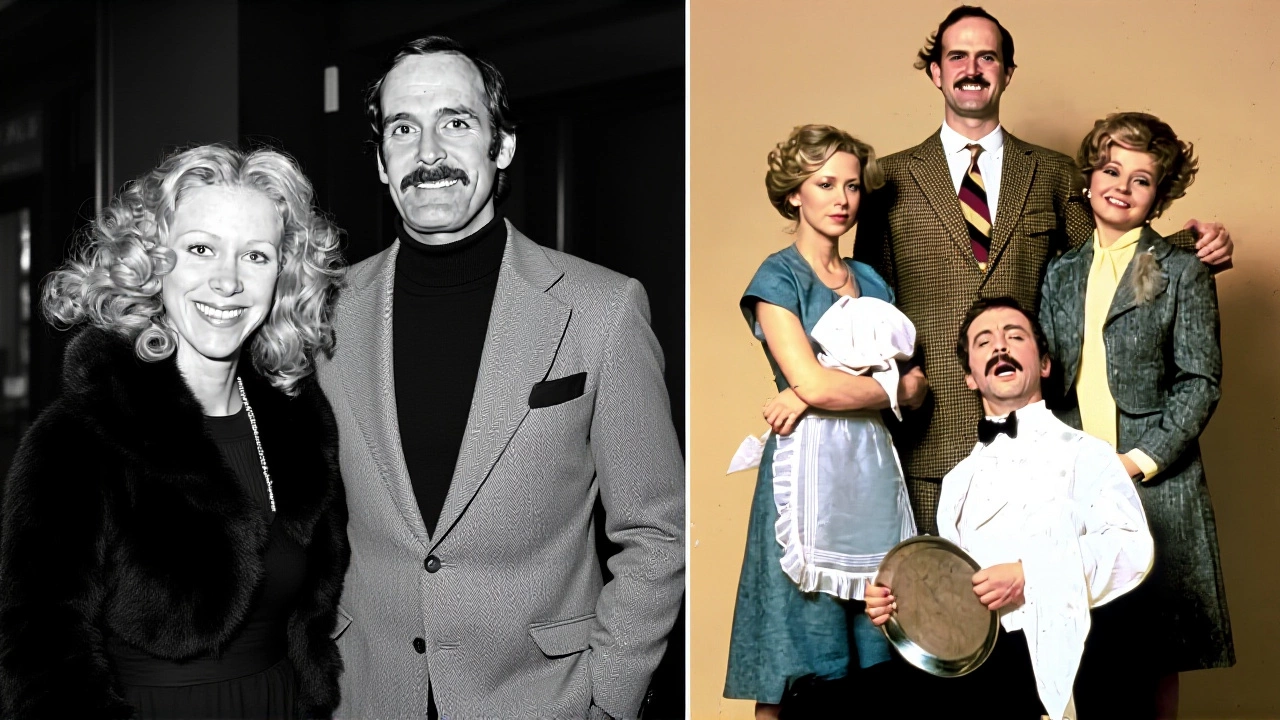
Why This Matters Beyond One Man’s Money
Cleese’s fear isn’t unique. Thousands of artists, writers, and comedians who built careers on mid-century TV and film are facing the same crisis. Their work still sells—but the money doesn’t reach their families the way it used to. Streaming royalties are tiny. Licensing deals are opaque. And without clear estate planning, legacies can vanish in legal fees and tax burdens.Cleese’s case is a warning. Art doesn’t die when the artist does. But if the money doesn’t survive too, then the legacy becomes a museum piece—admired, but inaccessible to those who mattered most.
Frequently Asked Questions
Why is John Cleese’s inheritance at risk if Fawlty Towers still makes money?
While Fawlty Towers still generates syndication revenue, the actual payouts to Cleese are fragmented across multiple rights holders, distributors, and tax jurisdictions. Streaming platforms pay fractions of a cent per view, and licensing deals often prioritize corporate profits over individual creators. Without a formal trust or clear succession plan, the money may be tied up in probate or taxed heavily before reaching his children.
How did Prunella Scales’ death affect Fawlty Towers’ earnings?
Scales’ passing in October 2025 triggered a global nostalgia wave, boosting streaming views and DVD sales. But increased demand doesn’t mean increased royalties for Cleese. Often, the revenue goes to the BBC, international distributors, or digital platforms. Cleese’s share depends on his contractual rights, which may not include posthumous spikes in popularity unless explicitly negotiated.
What role does Monty Python Limited play in Cleese’s financial future?
Monty Python Limited manages all Python-related royalties, including films, stage shows, and merchandise. Cleese remains a key decision-maker there, as shown by his 2024 intervention in a royalty dispute. But as co-owners age and new stakeholders emerge, control becomes more complex. Without a clear governance structure, future royalty distributions could become contested or diluted.
Has Cleese ever spoken about estate planning publicly?
No. Cleese has never disclosed details about trusts, wills, or beneficiaries. His public persona has always emphasized independence and skepticism of institutions—including the legal and financial systems that manage wealth. This silence, while consistent with his character, leaves his heirs vulnerable to tax liabilities, legal delays, and potential disputes among beneficiaries.
What can other artists learn from Cleese’s situation?
Even iconic creators need proactive estate planning. Royalties from classic content are increasingly fragmented and undervalued by digital platforms. Artists should establish trusts, designate executors familiar with intellectual property, and negotiate long-term licensing terms while still active. Waiting until later in life risks losing control over how your legacy is preserved—or monetized.
Is there any chance Cleese will change his approach now?
It’s possible. His recent comments suggest a rare moment of vulnerability. If he feels his children’s future is truly at risk, he may quietly consult estate lawyers or tax advisors. But given his history of rejecting institutional systems, any action will likely be low-profile, private, and possibly delayed. For now, the uncertainty remains.
